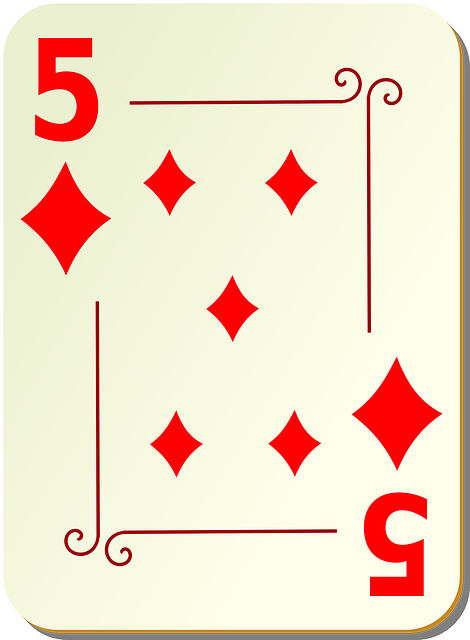TL;DR: Mastering the structured format of Poker Tournaments is vital for success. With set player numbers, rounds, and progressive blind levels, players must adapt strategies to manage chips, make informed decisions, and navigate eliminations. Understanding variations like No-Limit Hold'em and Omaha, along with blind structures, enhances performance in competitive Poker Tournaments.
“Unleash your inner poker champion! Dive into the thrilling world of Poker Tournaments, where every fold and bet matters. This comprehensive guide navigates the intricate landscape of tournament formats, from understanding diverse game types like No-Limit Hold’em to mastering blind structures and chip stacks. Explore strategic tips tailored for early, middle, and late positions, hand selection techniques, and the art of reading opponents.
Additionally, discover mental and practical tricks to conquer tilt, manage time efficiently, and optimize performance throughout the tournament.”
- Understanding the Format and Structure of Poker Tournaments
- – Different types of tournaments (e.g., No-Limit Hold’em, Omaha)
- – Blind structures and levels
Understanding the Format and Structure of Poker Tournaments

Poker tournaments differ from casual games in their structured format and rules, making understanding this aspect crucial for success. These events typically begin with a set number of players who compete over several rounds until a winner is crowned. Each round involves blind levels that increase progressively, forcing players to adapt their strategies accordingly. The structure includes blind stacks, which are forced bets required at the start of each hand, encouraging aggressive play as the tournament progresses.
Knowing the tournament’s format allows players to manage their chips effectively, make informed decisions, and anticipate when to go all-in or fold. It also helps in understanding eliminations and the formation of new dynamics as the player base reduces. Familiarizing yourself with these elements gives you an edge, especially for novice players, enabling them to navigate Poker Tournaments strategically.
– Different types of tournaments (e.g., No-Limit Hold’em, Omaha)

Poker tournaments offer a wide array of formats and variations, each with its own unique strategies and nuances. One of the most popular and accessible is No-Limit Hold’em, where players can bet up to all their chips at any time during a hand. This dynamic nature requires agility in decision-making and an understanding of pot odds. In contrast, Omaha tournaments introduce a different set of challenges with its four cards dealt face down, encouraging strategic hand selection and the potential for powerful flushes or straights.
The diversity within poker tournaments means players need to adapt their playstyles accordingly. From short-stack games where aggressive strategies thrive to longer events demanding patience and position, every tournament offers a distinct experience. Understanding these variations is key to navigating the competitive landscape of Poker Tournaments and improving your overall performance.
– Blind structures and levels

In Poker Tournaments, understanding blind structures and levels is a strategic edge that can significantly impact your performance. Blind levels refer to the increasing bets required at set intervals during gameplay, typically every 60 minutes or so. Mastering these levels involves recognizing when to tighten up your game, raise aggressively for larger pots, or adjust based on your position at the table.
The blind structures vary across tournaments, from early levels where small blinds might be as low as $0.50/$1 to later stages where they can surge to $200/$400. Players must adapt their strategies accordingly, balancing risk and reward. For example, during the early rounds with smaller blinds, you might focus on building a solid chip stack by playing tighter, while in late stages, aggressive plays and larger bets can help you dominate the table.
Poker tournaments offer a unique and thrilling experience for players of all levels. By understanding the format, blind structures, and variations like No-Limit Hold’em or Omaha, you can navigate these competitive environments with confidence. These structured events demand strategic thinking and adaptability, making them a game-changer for any poker enthusiast looking to test their skills and potentially walk away with significant prizes.






